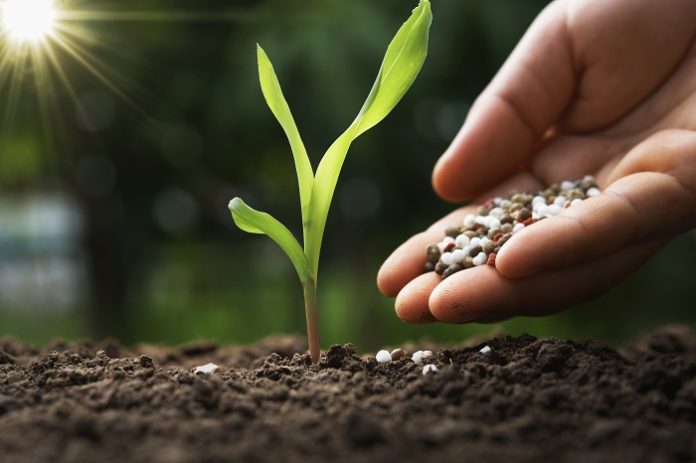By the end of 2025, India aims to halt import of urea, propelled by a substantial push towards domestic manufacturing, as stated by Mansukh Mandaviya, the minister of chemicals and fertilisers. Emphasizing the critical role of fertilizer availability in Indian agriculture, the minister underscored the country’s reliance on chemical fertilizers for the past six to six and a half decades to bolster crop production.
Currently, the government is actively promoting alternative fertilizers such as nano liquid urea and nano liquid di-ammonium phosphate (DAP). The strategic approach involves both the revival of closed urea plants and the commissioning of new facilities.
Mandaviya revealed that India’s annual urea requirement stands at approximately 350 lakh tons, with domestic production capacities being significantly augmented from 225 lakh tons in 2014-15 to around 310 lakh tons presently. The commissioning of a fifth plant is expected to increase the annual domestic production capacity to approximately 325 lakh tons, with the goal of substituting 20-25 lakh tons of conventional urea with nano liquid urea.
Government data reflects a decline in urea imports from 91.36 lakh tons in the previous year to 75.8 lakh tons in 2022-23. Mandaviya attributed this achievement to the government’s decade-long efforts in ensuring a consistent supply of fertilizers to the agricultural sector. For the fiscal year 2024-25, a fertiliser subsidy of Rs 1.64 lakh crore has been allocated, compared to the revised estimate of ₹1.89 lakh crore for 2023-24.
The sudden surge in fertiliser subsidy to ₹2.55 lakh crore in 2022-23 underscores the government’s commitment to supporting the agricultural sector. As reported by msn.com, the nutrient based subsidy policy ensures fixed subsidies on P&K (phosphatic and potassic) fertilizers, enabling farmers to access these essential inputs at reasonable prices.
































